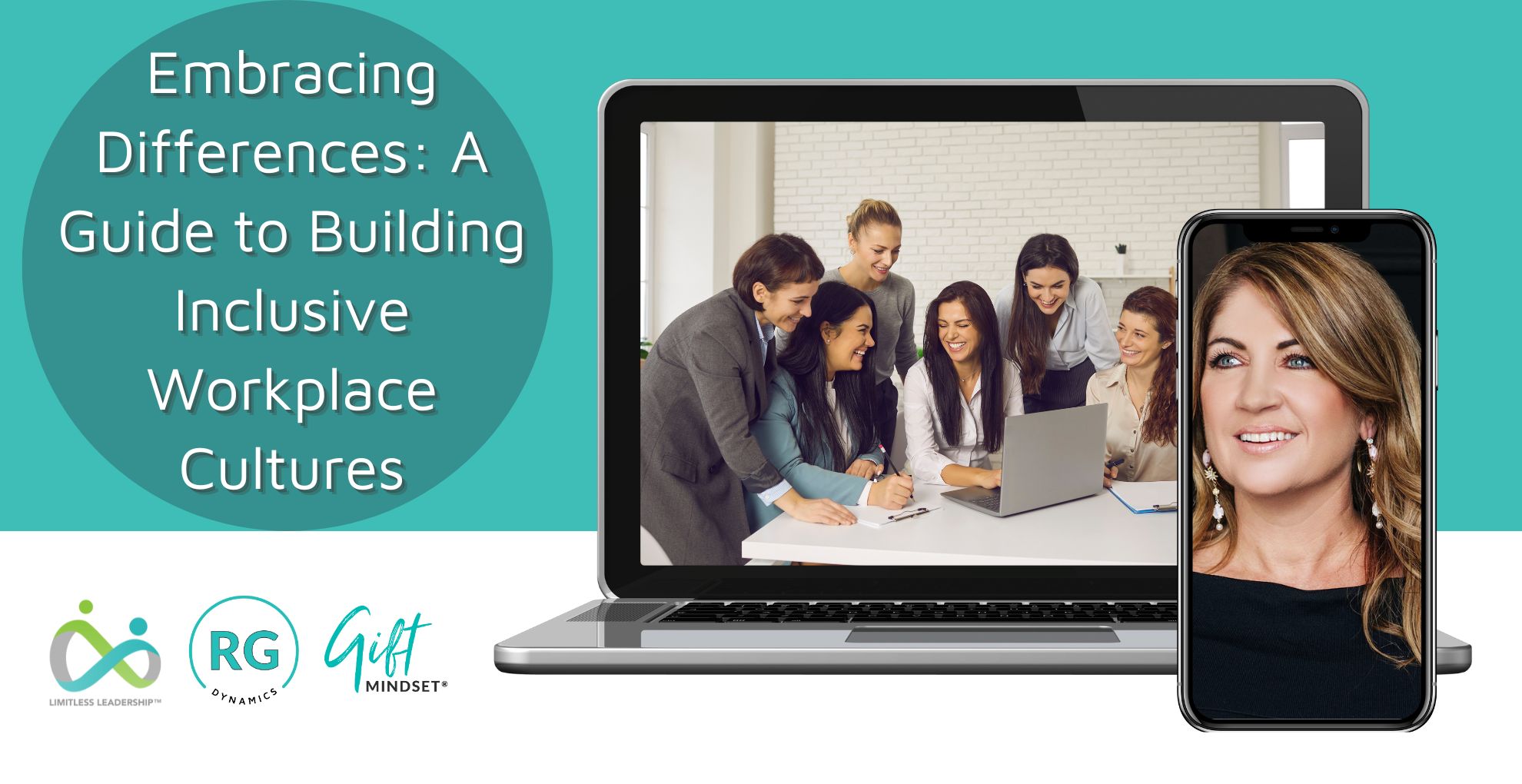A few weeks ago, at the conclusion of running a 2-day program to a senior leadership team, one of the participants, let’s call him Ken asked me an interesting question. “In a company culture such as ours, where risk and making mistakes is shunned upon, how can we as leaders change this?” A great question I thought. So many organisations I come across face the same challenge. With people tackling so much on the job and bogged down in what I call the chaos of “doing”, role functions are becoming task-oriented, process and technology-driven and almost robotic. Culture such as this cannot change overnight as we all know, there is no magic pill. What there is, for us as leaders, is an opportunity to start to instil, encourage and create cultures that embrace risk to take them to the next level.
Focus on people before progress.
The word risk conjures up negativity and loss and everyone’s perception and belief of what risk is to them will be dependent on their experience and exposure to it, both professionally and personally. The Merriam Webster definition of risk is: “a possibility of loss or injury” and “someone or something that creates or suggests a hazard”. It’s no wonder the word “risk” is as appealing to most as jumping into a tankful of sharks. Some people are actually motivated by risk whilst some are risk-averse and I believe whatever side you sit this filters down into the organisation and contributes to the overall culture and the way you lead.
Look at companies who took huge risks and came out the other side:
- Netflix was a content creator then became a distributor
- Starbucks was a coffee wholesaler who now retail
- Amazon purchasing Wholefoods and now having a bricks and mortar presence
- Airbnb collaborated with Flight Centre for a mutual partnership
To embrace unknown change, we need to take risks and get out of embracing known change and being comfortable.
So, it sounds simple, doesn’t it? Simple yes but not always easy to implement.
I believe it starts with you and these 3 tips below could assist:
Build Rapport
Rapport creates a deep connection and influence. It also builds trust and openness in others and in turn can increase ones confidence to be more likely to voice their true intentions.
Take the time to build rapport and get to know your team and the true essence of who they are, their ideas and their abilities. Find things in common to break the ice, match the way they like to be communicated to and take the time to be present and listen to who they really are.
Strengths
We all have strengths but very few of us stop and reflect on what we are good at that we actually enjoy. Do you know the strengths of those in your team, your peers, your up-line? By understanding what lights others up you can leverage these when trying something new and ensure people with a diversity of strengths can really tap into these for maximum results and effectiveness.
Model the way
What are you doing to lead by example? Do you take risks, create and encourage change or stick to the status quo and never question the way things are done? Show your team the way to embrace the unknown and the cost of not doing this and staying comfortable. Celebrate success when things go well so when times get tough individuals can tap into the resources that got them there last time. When things go wrong work through the learnings as a team and don’t forget to reinforce the steps or parts that did go well so you can replicate success next time!
What will it cost you and your organisation not to embrace the unknown?
I’d love to hear what you are doing to build a culture that embraces risk and change, encourages new ways of thinking and enables others to learn and grow from mistakes.
To being limitless!




